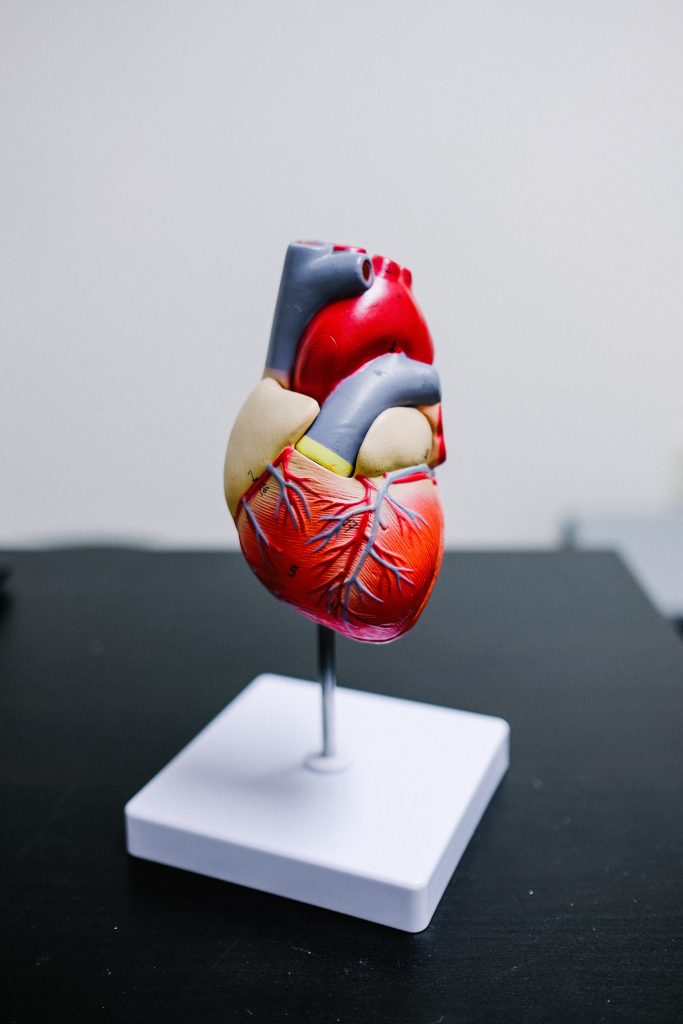Cholesterol is a waxy substance that is found in all of your body’s cells. It is needed for many important bodily functions, such as building cell membranes and producing hormones. However, too much cholesterol in your blood can build up in the walls of your arteries, forming plaque. This plaque can narrow your arteries and restrict blood flow to your heart and other organs. This can lead to heart attack, stroke, and other serious health problems.
The good news is that there are many things you can do to lower your cholesterol and boost your heart health. Here are some tips:
Eat a healthy diet.
One of the best things you can do for your cholesterol and heart health is to eat a healthy diet. This means eating plenty of fruits, vegetables, and whole grains. It also means limiting your intake of saturated and trans fats.
Saturated fats are found in animal products such as red meat, full-fat dairy products, and eggs. Trans fats are found in processed foods such as fried foods, baked goods, and margarine.
When choosing foods, look for labels that say “low-fat” or “fat-free.” You should also avoid foods that contain hydrogenated or partially hydrogenated oils.
Here are some specific food choices that can help lower your cholesterol:
- Fruits and vegetables: All fruits and vegetables are good for your cholesterol, but some especially good choices include apples, berries, pears, avocados, and leafy green vegetables.
- Whole grains: Whole grains are a good source of fiber, which can help lower cholesterol levels. Good choices include whole-wheat bread, brown rice, and oats.
- Lean protein: Lean protein sources such as chicken, fish, and beans are low in saturated fat and can help lower cholesterol levels.
- Healthy fats: Healthy fats, such as those found in olive oil, nuts, and seeds, can help lower cholesterol levels and improve heart health.
Exercise regularly.
Exercise is another great way to lower your cholesterol and boost your heart health. Aim for at least 30 minutes of moderate-intensity exercise most days of the week.
Moderate-intensity exercise is any activity that makes you breathe harder and your heart beat faster, but you can still talk in complete sentences. Examples include brisk walking, biking, swimming, and dancing.
If you are new to exercise, start slowly and gradually increase the amount of time you spend exercising each week.

Quit smoking.
Smoking is a major risk factor for heart disease and stroke. It also raises cholesterol levels. If you smoke, quitting is the best thing you can do for your cholesterol and heart health.
Quitting smoking can be difficult, but there are many resources available to help you. Talk to your doctor about quitting smoking and they can help you develop a plan.
Maintain a healthy weight.
Being overweight or obese can raise cholesterol levels and increase your risk of heart disease. If you are overweight or obese, losing even a small amount of weight can help lower your cholesterol levels and improve your heart health.
To lose weight, eat a healthy diet and exercise regularly. You may also need to make changes to your lifestyle, such as reducing your stress levels and getting enough sleep.
Manage stress.
Stress can raise cholesterol levels and increase your risk of heart disease. Find healthy ways to manage stress, such as exercise, yoga, or meditation.
Get regular checkups.
See your doctor for regular checkups so they can monitor your cholesterol levels and other risk factors for heart disease.
If you have high cholesterol, your doctor may prescribe medication to help lower your levels. However, lifestyle changes are always the first line of treatment.
Additional tips for lowering cholesterol and boosting heart health
- Eat plant sterols and stanols. Plant sterols and stanols are plant compounds that can help lower cholesterol levels. They are found in some foods, such as fortified margarine and yogurt, and they can also be taken as supplements.
- Take fish oil supplements. Fish oil supplements contain omega-3 fatty acids, which can help lower cholesterol levels and improve heart health.
- Drink red wine in moderation. Red wine contains antioxidants that can help improve heart health. However, it is important to drink red wine in moderation, as too much alcohol can raise cholesterol levels and increase your risk of heart disease.
Here are some additional tips for making the lifestyle changes recommended above:
- Make small changes. Trying to change everything at once can be overwhelming. Start by making small changes, such as:
- Eating one more serving of fruits and vegetables each day.
- Choosing lean protein sources over fatty ones.
- Use olive oil instead of butter or margarine.
- Taking a walk after dinner.







